2020 ACADEMY SUMMER INTERNS
As part of their program, interns had the opportunity to participate in an intergenerational dialogue with Washington Post columnist E.J. Dionne. They were asked to reflect on Dionne’s 1999 essay “Why Social Insurance?” and write their own essays on the topic.
Below are excerpts from intern essays that covered a range of social insurance issues:
Alexandra Allen, Carnegie Mellon University
Placement: National Committee to Preserve Social Security and Medicare
Program: Congressman Pete Stark Health Policy Internship
 Alexandra Allen focused on inequality, especially for People of Color, Women of Color, and people with disabilities. Her suggestions include the need “to charge higher-income individuals a larger share of their income toward social insurance systems… the reality in the United States is that inequality comes principally from wealth, not income, and payroll taxes that only reach incomes are simply not enough.”
Alexandra Allen focused on inequality, especially for People of Color, Women of Color, and people with disabilities. Her suggestions include the need “to charge higher-income individuals a larger share of their income toward social insurance systems… the reality in the United States is that inequality comes principally from wealth, not income, and payroll taxes that only reach incomes are simply not enough.”
Lillie Heigl, Syracuse University College of Law
Placement: Social Security Advisory Board
Program: Eileen Sweeney Graduate Internship in Disability Policy
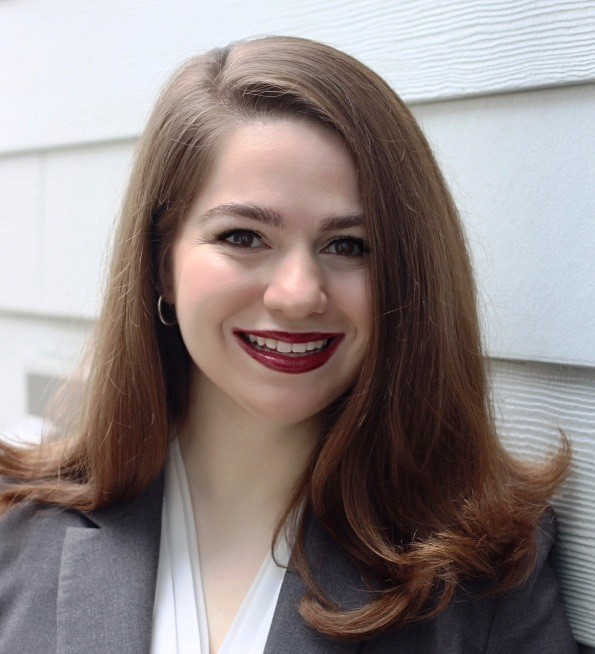
Lillie Heigl made a compelling case for rethinking the financial restraints placed on people with disabilities who rely on social insurance programs, which Heigl calls a double edged sword: “In order to pay the high cost of living with a disability, people must rely on these government programs, but to qualify for the government programs they must remain living in poverty.”
Ta’Mara Hill, University of Minnesota
Placement: National Academy of Social Insurance
Program: Merton C. Bernstein Internship on Social Insurance
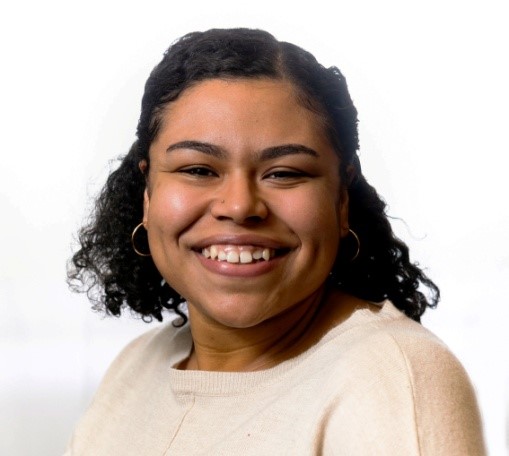 Ta’Mara Hill asked penetrating questions that underscored inequality: “How can millions be struggling to afford basic health care and food, while a small percentage of Americans sit on mountains of money? How have we lost sight of FDR’s vision for a just, fair, and supportive capitalist society? When did we all accept that individual economic failure equated to deserving homelessness, starvation, or dying from treatable illnesses?”
Ta’Mara Hill asked penetrating questions that underscored inequality: “How can millions be struggling to afford basic health care and food, while a small percentage of Americans sit on mountains of money? How have we lost sight of FDR’s vision for a just, fair, and supportive capitalist society? When did we all accept that individual economic failure equated to deserving homelessness, starvation, or dying from treatable illnesses?”
Ellie Kaverman, Indiana University
Placement: Century Foundation
Program: Merton C. Bernstein Internship on Social Insurance
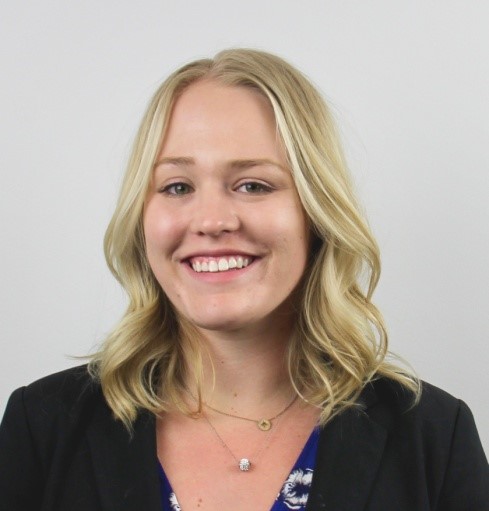
Ellie Kaverman looked at similarities between the Great Depression and the Coronavirus catastrophe we now face. “My generation’s mantle will be the remaking of a nation that has seen tremendous loss of life and economic devastation… As Secretary Frances Perkins put it (in 1935), policymakers must not be satisfied with ‘makeshift arrangements,’ but should rather aim for structural change.”
Humphrey Shen, University of Pennsylvania
Placement: National Academy of Social Insurance
Program: Merton C. Bernstein Internship on Social Insurance
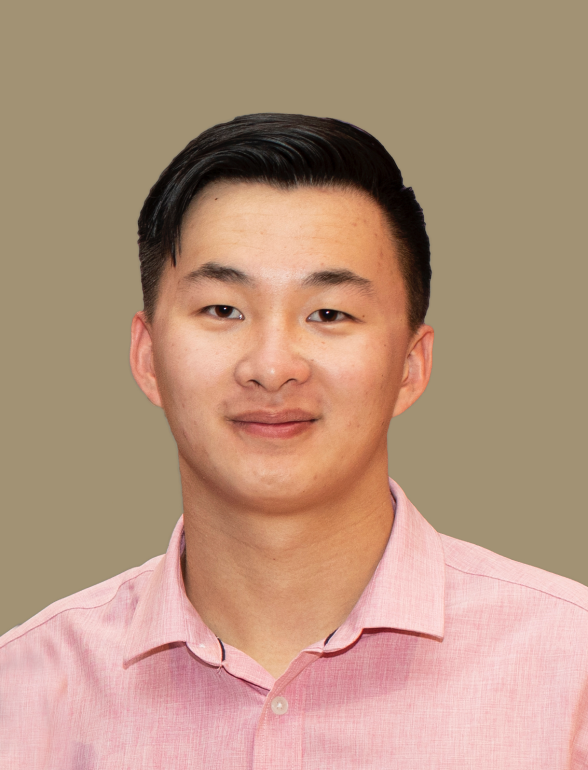 Humphrey Shen sought programs that protect everyone. “There should not be two separate systems of social insurance and welfare, only social insurance that protects all people… Policies such as universal health insurance, universal basic income, or universal paid family leave, which have previously been seen as ‘radical,’ have now been given a second look in light of the current devastating economic conditions.”
Humphrey Shen sought programs that protect everyone. “There should not be two separate systems of social insurance and welfare, only social insurance that protects all people… Policies such as universal health insurance, universal basic income, or universal paid family leave, which have previously been seen as ‘radical,’ have now been given a second look in light of the current devastating economic conditions.”
Sophie Sherman, University of North Carolina, Chapel Hill
Placement: AcademyHealth
Program: Rashi Fein Internship on Health Policy

Naomi Shin, Carnegie Mellon University
Placement: Medicaid and CHIP Payment and Access Commission (MACPAC)
Program: Rashi Fein Internship on Health Policy
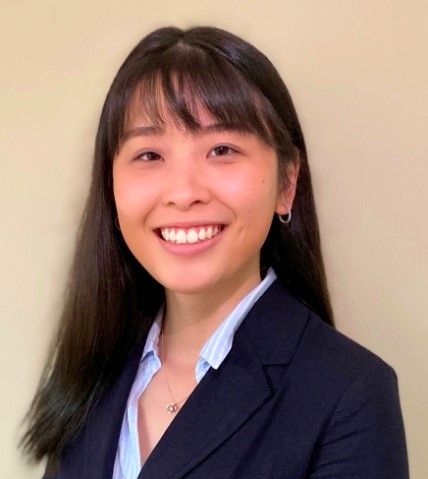 Naomi Shin discussed differences between social insurance and public assistance. She also voiced an emotional appeal for the protections they offer: “Life is wonderfully and frighteningly unpredictable. No matter how much we plan for our future, nothing protects us from experiencing things that are out of our control… We cannot protect ourselves from uncontrollable aspects of living, but we can prepare for the consequences.”
Naomi Shin discussed differences between social insurance and public assistance. She also voiced an emotional appeal for the protections they offer: “Life is wonderfully and frighteningly unpredictable. No matter how much we plan for our future, nothing protects us from experiencing things that are out of our control… We cannot protect ourselves from uncontrollable aspects of living, but we can prepare for the consequences.”
Izidora Skračić, University of Maryland-College Park
Placement: National Institute on Retirement Security
Program: Merton C. Bernstein Internship on Social Insurance
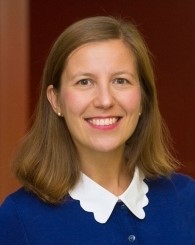
Izidora (Izzie) Skračić answered the question Why Social Insurance with one word: solidarity. “Solidarity invokes a sense of moral responsibility towards a community that we experience camaraderie with, while equality is a concept that we aspire to as but perhaps question whether it is truly achievable. Solidarity entails thinking about our fellow brothers and sisters, while equality is a more abstract concept that somehow remains at arm’s length.”
Thank you for supporting the Academy’s Summer Internship Programs!
